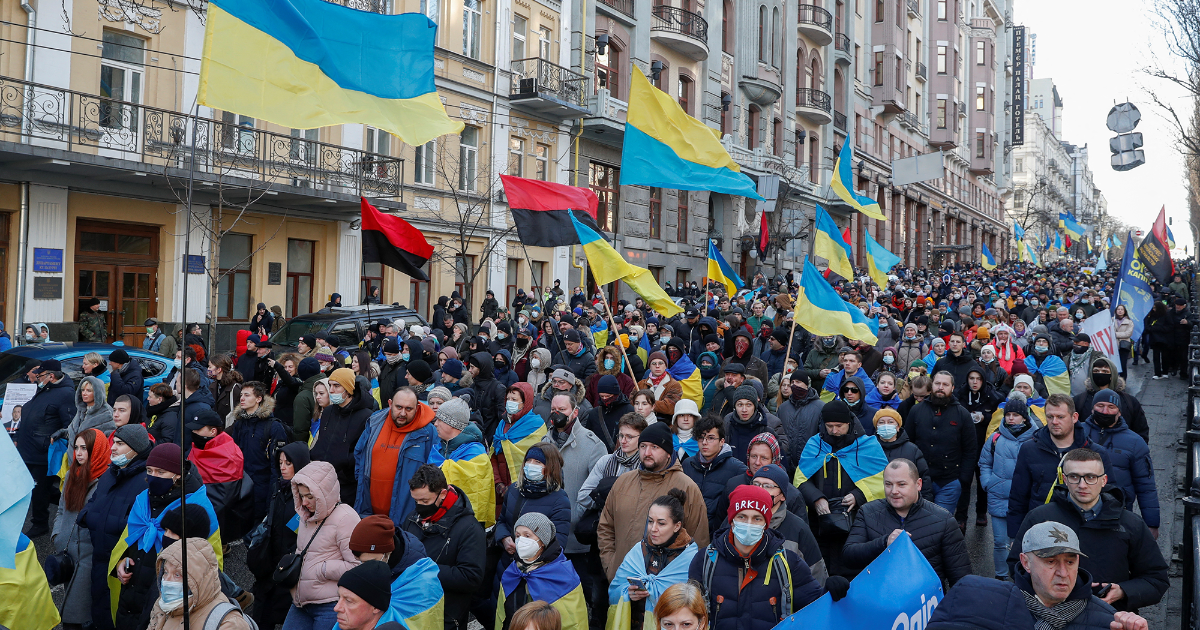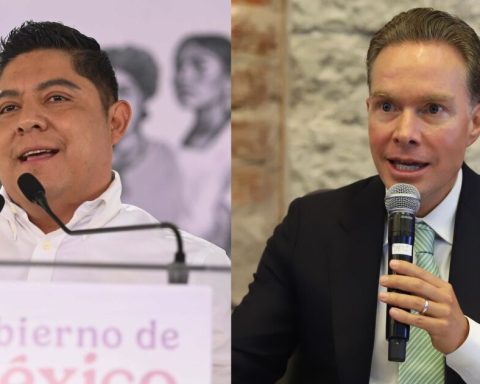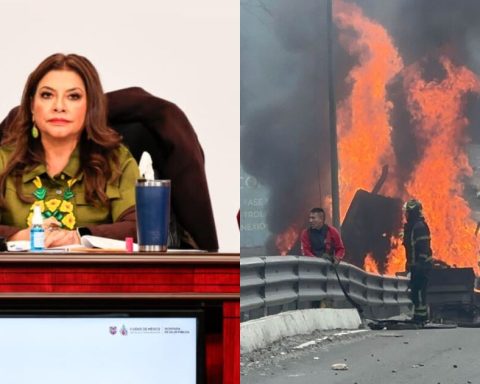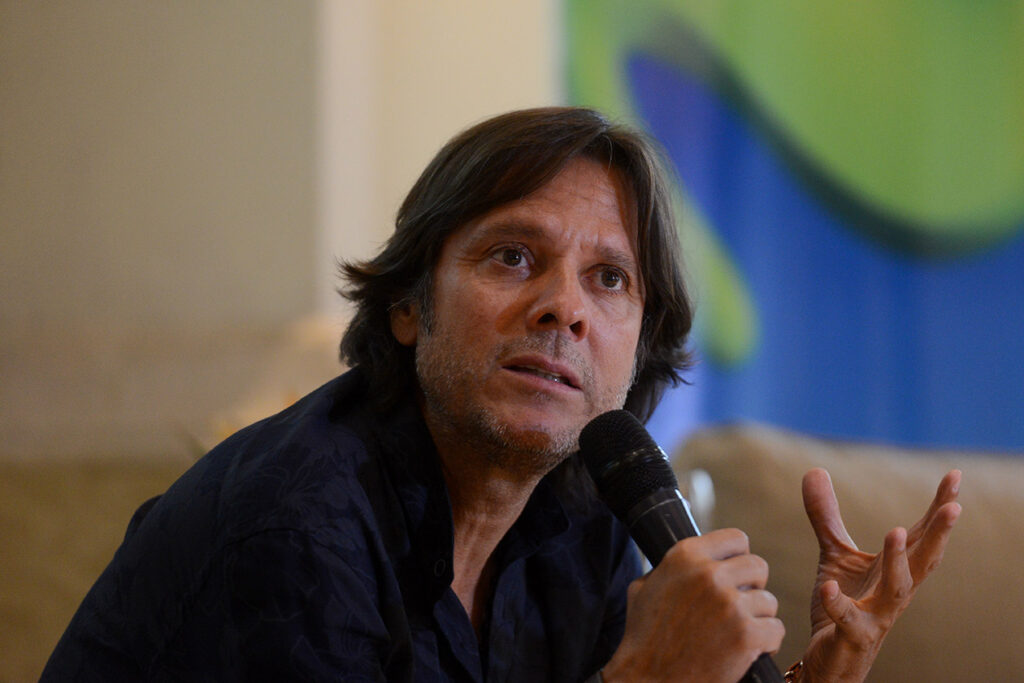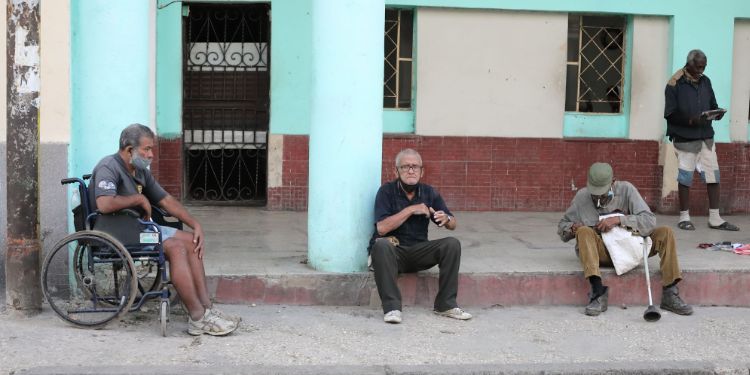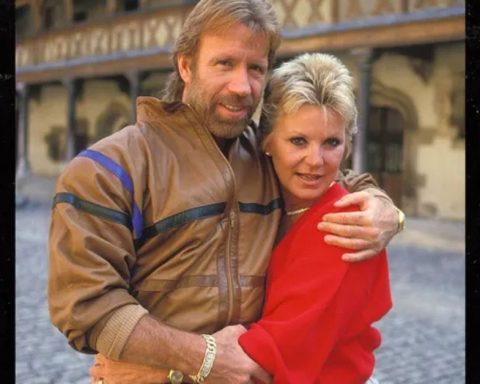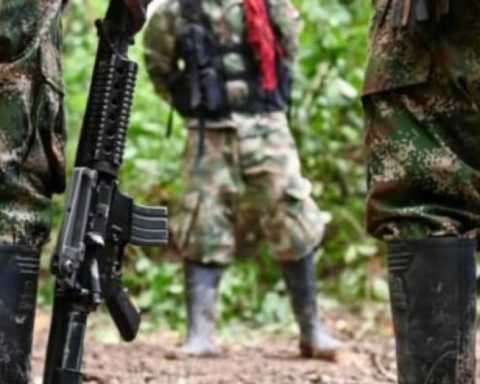The counteroffensive of kyiv in northeastern Ukraine appears to have caught everyone by surprise, especially Russian war planners who had been moving troops south to counter an offensive in the Kherson region that Ukraine had been hyping and saucer for several weeks.
Ukrainian President Volodymyr Zelensky claims his army has recaptured more than a thousand square kilometers of territory, including the key Russian supply bases of Kupiansk and Izium.
Ukraine’s military success must have equally surprised politicians and experts from around the world who, for the past six months, have urged Ukraine to offer concessions to secure a peace deal with Russia.
According to these analysts, ceding territory in the east or committing to remain neutral would save Ukrainian lives and reduce the risk of a Russian nuclear attack. But this has raised the question of what sort of deal would be acceptable to the Ukrainians and whether they would support giving up territory or sovereignty to end the violence.
Ukraine has a just cause for war: self-defense. Except for the views of the Russians, this is something that most of the rest of the world agrees on. But even a war with a just cause may not be worth fighting. The moral philosophers and the lawyers They warn that a war of self-defense must be proportionate: the anticipated costs must not outweigh the benefits.
Calls for Ukraine to negotiate or surrender often echo this argument. Ukraine cannot hope to defeat its big neighbor in the long run, so it should give up self-defense now to limit the costs of war. But should resistance to aggression really be limited by such cost-benefit calculations?
One could also think of self-defense in absolute terms. Some outcomes are unacceptable, no matter how costly it is to resist. the many war crimes reports in the territory occupied by Russia could well motivate the Ukrainians to want fight until the end to resist Russian control.
What value does victory have?
To find out what Ukrainians think about self-defense, at the end of July 2022 we surveyed to a representative sample of 1,160 Ukrainians in all regions not disputed by Russia. We asked our respondents what trade-offs they might accept, offering various scenarios.
Some of them included territorial concessions in advance, while others did not. In addition, the scenarios presented strategies with different projected costs and benefits after three more months of fighting. They varied in terms of anticipated military and civilian deaths, the risk of nuclear attack, and likely political outcomes.
We found that Ukrainians strongly prefer strategies that preserve Ukraine’s political autonomy and restore its territory, including Crimea and the Donbas region. This is so even if making concessions would reduce expected civilian and military deaths, or the risk of a nuclear attack in the next three months.
Of those surveyed, 79% oppose all options that could lead to a Russian-controlled government in kyiv. More importantly, the minority of people who accepted a Russian-controlled government did so because they prioritized the restoration of Ukraine’s territory in the election they faced.
Russian control of the government in kyiv or the eastern territories would endanger the lives of many Ukrainians, as it is well documented that Russia has committed extensive human rights violations in the temporarily occupied territories.
One way to interpret our results is that Ukrainians reject Russian political control or territorial concessions because they prefer the immediate costs of self-defense – civilian and military casualties and nuclear risk – to the long-term costs of Russian control. But our results suggest that not giving in to Russia includes more than just the important goal of saving Ukrainian lives in general.
How many additional deaths or increased nuclear risk after three months would provoke a similar rejection by respondents of a Russian-controlled government? The answer we found after extrapolate our statistical analysis is that it would take some 12 million additional civilian deaths or more military casualties than the country has (44 million) – or the certain prospect of a nuclear attack – for the Ukrainians to react with the same force that they reject a government controlled by Russia.
This is obviously not realistic: no realistic self-defense strategy could have such costs after three months. So these calculations reveal that the Ukrainians take an absolute stance: they categorically reject Russian control and territorial concessions, regardless of the costs.
Why does it matter what Ukrainians think?
We conducted this study because the voices of ordinary Ukrainians have been absent from the intense international debate about whether – and how – Ukraine should defend itself. We have worked closely with the Ilko Kucheriv Democratic Initiatives Foundation and the kyiv International Institute of Sociology to collect reliable data and ensure the safety of interviewers and respondents.
Polling is difficult in a war zone, but we have at least three compelling reasons to care about what Ukrainians think. First of all, the costs of self-defense, but also those of possible concessions, are mainly borne by ordinary Ukrainians. They deserve a say in which of the many difficult paths their country takes.
Second, we cannot properly judge the stakes in Ukraine’s defensive war without understanding the Ukrainians’ strong opposition to Russian control and the high value they place on territorial integrity. A cost-benefit calculation from afar is not reasonable.
Third, it is dangerous for the international community to pressure Zelensky and his government to follow a strategy that contradicts what the Ukrainians want. Attempting to go against the wishes of the people could destabilize the government and ultimately be unsuccessful.
In short, it is reckless, foolish and reckless to judge Ukraine’s defensive war against Russia – and make political demands based on such judgments – without understanding how Ukrainians think about the costs and benefits of self-defense. Already in April, the philosopher and linguist Noam Chomsky he urged kyiv to reach a deal, even if it meant territorial concessions, saying Ukraine and its Western allies should “pay attention to the realities of the world.”
As Ukrainian troops bravely advance east, we have a fuller picture of this reality. The Ukrainians categorically reject Russian control and territorial concessions, regardless of the immediate costs of resistance.
Janina DillProfessor of US Foreign Policy, Department of Politics and International Relations (DPIR), University of Oxford; Carl Muller-CreponAssistant Professor, Department of Government, London School of Economics and Political Scienceand Marnie HowlettDepartmental Lecturer in Politics, Department of Politics and International Relations (DPIR), University of Oxford
This article was originally published on The Conversation. read the original.
